Module content
- Get to know statistical and computational tools for linguistic analysis to visualise processes and results
- Study methods for collecting and analysing larger sets of data for linguistic research
- Discuss corpus and experimental methods to study questions in grammar and language interpretation
Traditional linguistic research was based on laborious manual data collection, or, especially in the second half of the 20th century, on the introspective evaluation of artificially created examples by individual researchers. This has radically changed with the advent of large electronic resources and the adaptation or development of statistical and computational tools for linguistic analysis.
This course will focus on methods for collecting and analyzing larger sets of data for linguistic research. We will discuss corpus and experimental methods to study questions in grammar and language interpretation, and we will use various techniques from the computational toolkit of modern linguistics to visualize processes and results. Students will have the opportunity to work with corpus linguistic and statistical tools to study language use, language change, and translation. The course will comprise lectures, group work and problem sets.
- Trainer/in: Kristin Neufeld
- Trainer/in: Nicolas Nlamoure
- Trainer/in: Janina Rado
- Trainer/in: Frank Richter
- Trainer/in: Manfred Sailer
- Trainer/in: David Schneider
- Trainer/in: Raphael Skibka
- Trainer/in: Patrick Stärke
